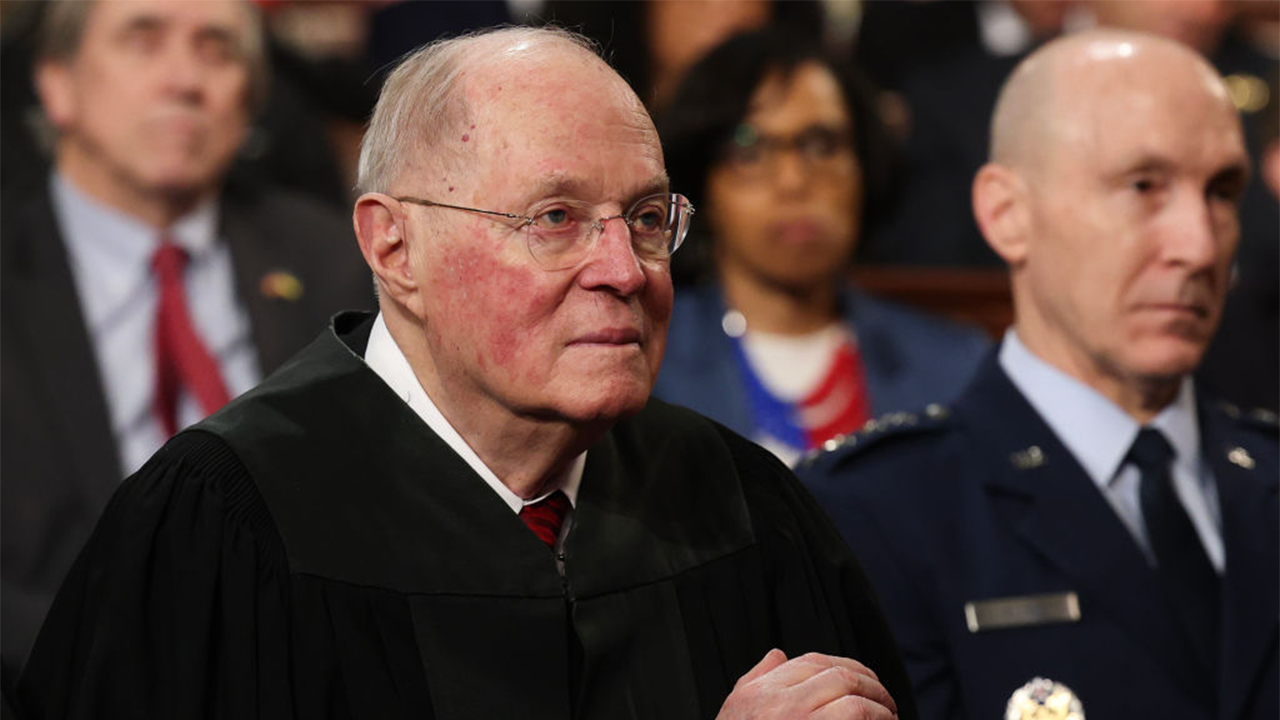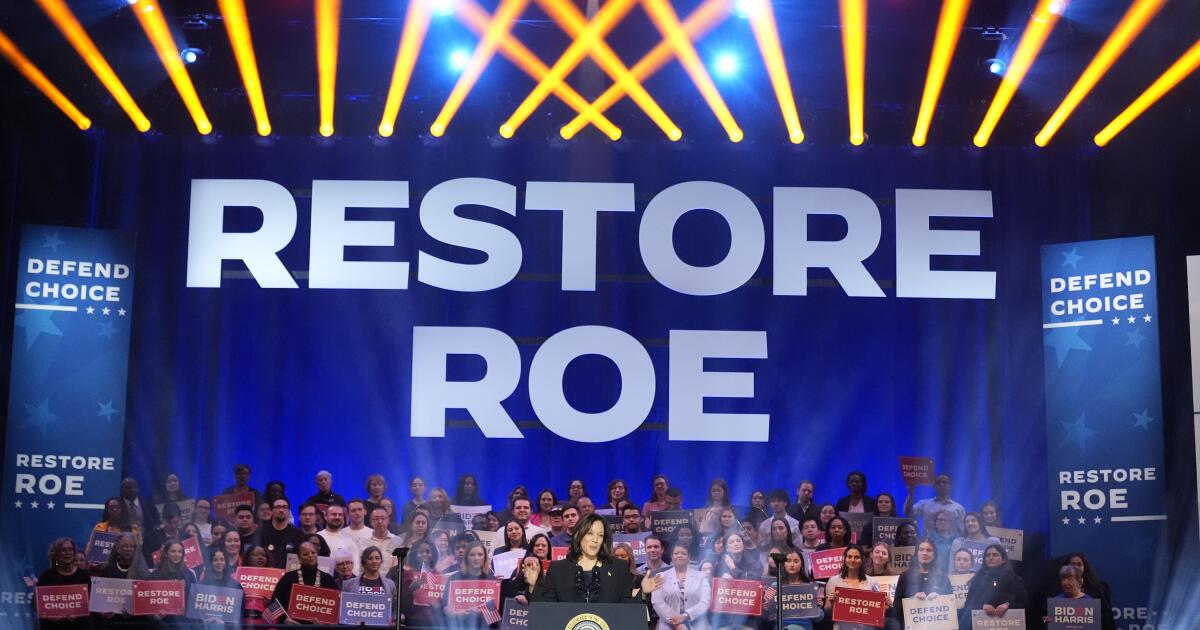University of California regents on Wednesday decided to ban political views from main campus home pages, a policy initially based on concerns that anti-Israel views would be interpreted as official UC views.
Political opinions will still be allowed to be posted on other pages of an academic unit's website, under the proposed policy approved by two committees Wednesday and set for a final vote Thursday at the regents meeting in San Francisco.
The main home page of a department, division, or other academic unit on campus would be reserved for news about courses, events, faculty research, mission statements, or other general information.
Opinions must be posted on other pages specifically labeled as comments, with a disclaimer that they do not reflect the entire university or campus. Those wishing to post statements on their department websites must follow specific procedures and allow faculty members to weigh in through anonymous voting.
Regent Jay Sures, vice president of United Talent Agency, has pushed for such measures for the past several years, saying previously that he is concerned about “abuse” and “misuse” of departmental websites that feature anti-Israel sentiments and other views that do not reflect the university’s official views.
After initially proposing a more restrictive policy, Sures said the final draft reflects a better balance between freedom of expression and recognition of both those who want to make statements and those who oppose them.
“This reflects that we value academic freedom and provides a very inclusive environment for individual departments to publish statements and reflect minority views within those departments,” he said.
Regent Rich Leib, who also strongly supported the policy, called claims that the regents were trying to crack down on free speech “nonsense” and said their goal was to achieve transparency by making clear who supports the political views posted on websites.
He added that some statements posted on websites were considered “inflammatory” and “repugnant” but would still be allowed under the new policy, which is “content-neutral.”
Sean Malloy, an associate professor of history and critical race and ethnic studies at UC Merced, said the regents were trying to “muzzle faculty freedom of speech” and that the proposed policy reflected efforts to suppress the growing Palestinian solidarity movement on UC campuses.
She noted that the regents never attempted to intervene in the faculty's statements about the Black Lives Matter movement after the killing of George Floyd, about climate change or in defense of immigrant students.
“It was only when faculty discourse threatened to disrupt support for Israel and Zionism that the regents saw fit to enact such a policy,” Malloy said in a statement to The Times. “It should be seen alongside the dispatch of police against UC students, faculty and staff, as well as recently adopted measures targeting the camps as part of an effort by a group of regents to hold UC hostage to its own commitment to Zionism in the midst of a genocide against Palestine.”
Sures first addressed the issue of the website after UCLA’s Department of Asian American Studies published a statement in 2021, alongside colleagues in feminist, Middle Eastern and gender studies, denouncing the rise of Israeli violence against Palestinians as “the latest manifestation of seventy-three years of settler colonialism, racial apartheid and occupation aimed at terrorizing and displacing them.”
After Hamas militants attacked Israel on Oct. 7 and Israel responded with a massive, sustained assault on Gaza, some faculty from other UC departments also spoke out as protests inflamed campuses with demonstrations, camps, widespread police actions and arrests.
UC Santa Cruz’s Department of Critical Ethnic and Racial Studies has issued a call on its website for academic institutions to “act now to end Israel’s genocidal assault on Gaza.”
The Department of Ethnic Studies at the University of California, San Diego, released a statement lamenting the loss of life on both sides in the war between Israel and Hamas and supporting calls to end Israel’s occupation and dismantle “the apartheid system that creates stifling and dehumanizing conditions that can lead to resistance.”
The department has also posted statements against racism against blacks, Asian Americans and Muslims, as well as caste-based discrimination. It now displays the comments in a section of its website called “statements and comments” and includes the disclaimer that they “do not necessarily represent the views of all faculty and graduate students in the Department of Ethnic Studies, the Regents of the University of California, or the University of California, San Diego.”
The proposal to move such comments from a department's homepage to a separate place specifically marked as comment has gone through several iterations. The Academic Senate raised objections to an earlier version, saying it was too ambiguous, lacked clear measures for implementation and enforcement, and potentially threatened to limit academic freedom.
But Sures and Regent Lark Park, who led the board’s efforts on the website proposal, worked with the Academic Senate to incorporate some recommendations from a systemwide faculty committee review of the issue in 2021.
That review concluded, in consultation with university lawyers, that departments have a right to comment on political and social issues, though they cannot endorse candidates. The Academic Senate provided guidelines, such as making clear that statements represented faculty members or groups and not the university, and ensuring that minority or dissenting views were not suppressed.
The policy now includes most of those guidelines, but makes them mandatory. It requires campus departments to develop procedures for developing statements, anonymously poll members to reduce pressure on those who may hold minority views, and disclose how widely the views are supported (by a “supermajority,” for example), along with the total votes.
Sures praised faculty leaders for helping regents navigate the process. “The passage of this policy is proof that shared governance is best when all parties work collectively toward a common goal,” he said.












